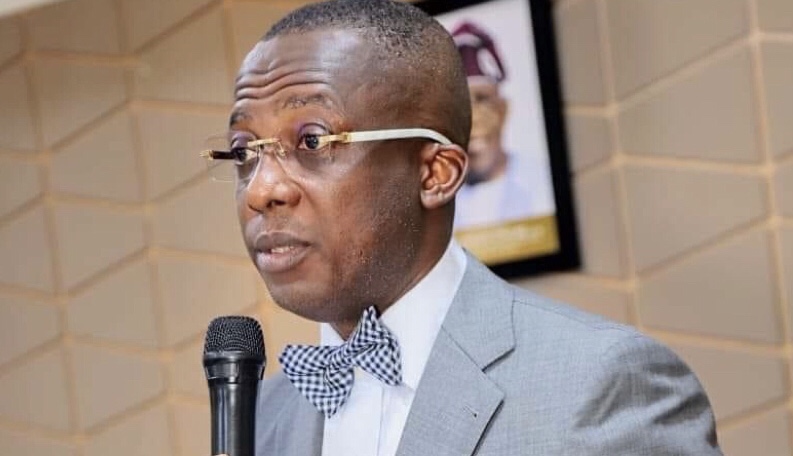Nigerian President Bola Tinubu has praised former military leader Ibrahim Badamasi Babangida as a pivotal figure in the nation’s history, commemorating his 84th birthday in a public statement. Babangida, who ruled Africa’s most populous country from 1985 to 1993, was lauded for his contributions to infrastructure, security, and economic reforms, according to Tinubu’s remarks shared by his Special Adviser on Information and Strategy, Bayo Onanuga, on Sunday.
Tinubu underscored Babangida’s decades-long military career, which included roles as an instructor at the Nigerian Defence Academy and leadership positions such as Commander of the 4 Reconnaissance Regiment and Armoured Corps, Director of Army Staff Duties and Plans, and Chief of Army Staff. The president emphasized that these experiences positioned Babangida to steer Nigeria through critical socio-political and economic transformations during his eight-year tenure.
Among the lasting legacies highlighted was the construction of the Third Mainland Bridge in Lagos, a vital artery connecting the city’s mainland to its islands, which remains one of West Africa’s longest bridges. Tinubu also noted economic liberalization policies under Babangida, which opened Nigeria to market-driven reforms aimed at modernizing its economy. These measures included reducing state control over industries and encouraging private sector participation, shifts that reshaped the country’s financial landscape.
The statement further drew attention to institutional developments during Babangida’s leadership, such as the establishment of the State Security Service, National Intelligence Agency, and Defence Intelligence Agency, which restructured Nigeria’s security architecture. The creation of the Federal Road Safety Corps, tasked with managing traffic and reducing accidents, was also cited as a enduring initiative. Additionally, the former leader oversaw the creation of new administrative states and the relocation of Nigeria’s federal capital from Lagos to Abuja in 1991—a move designed to centralize governance and promote national unity.
While acknowledging Babangida’s mixed historical reception, Tinubu focused on the infrastructural and policy milestones tied to his era. The birthday message concluded with a prayer for the retired general’s continued well-being, underscoring a tone of national reverence.
Babangida’s leadership period remains a subject of debate among historians and citizens, particularly regarding its authoritarian nature and economic policies. However, Tinubu’s tribute sidestepped controversy, instead framing the anniversary as an occasion to reflect on the complexities of Nigeria’s path to development. For international observers, the recognition underscores the enduring influence of past leaders on the country’s current political discourse and infrastructural framework.
The public acknowledgment aligns with broader efforts to reconcile Nigeria’s diverse historical narratives, even as the nation grapples with contemporary challenges such as security crises and economic inequality. By spotlighting Babangida’s infrastructural achievements, Tinubu’s message subtly reinforces the importance of long-term planning and institutional resilience—themes relevant to Nigeria’s ongoing development ambitions.



